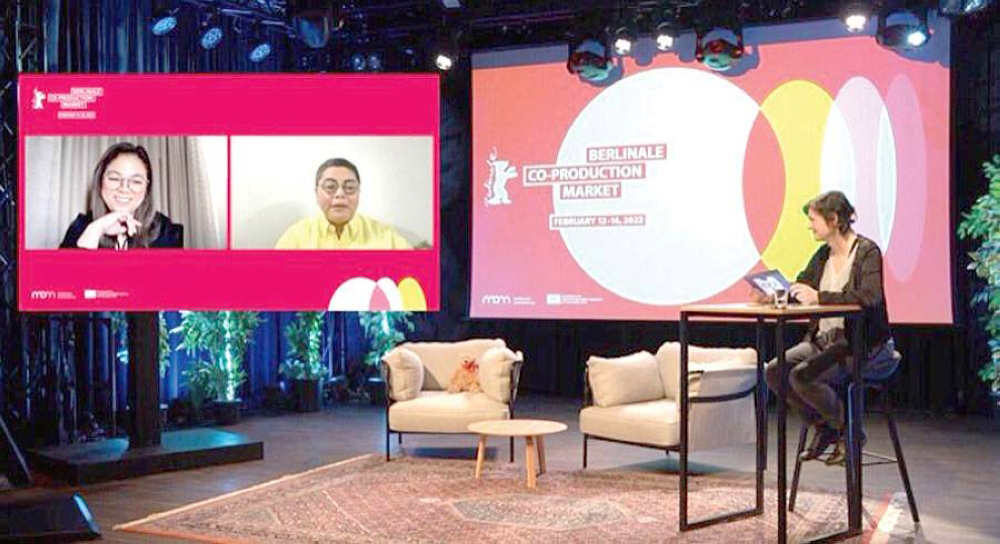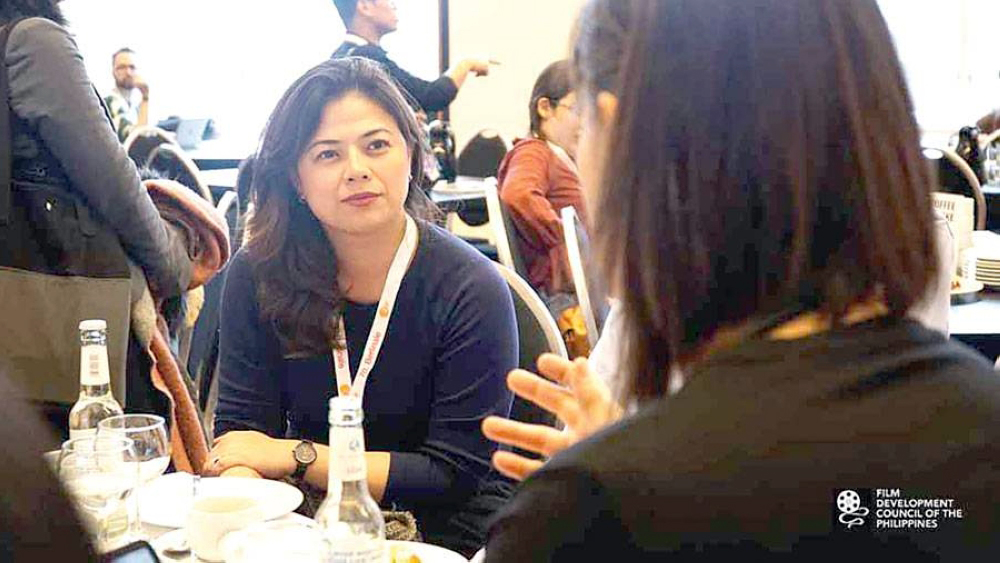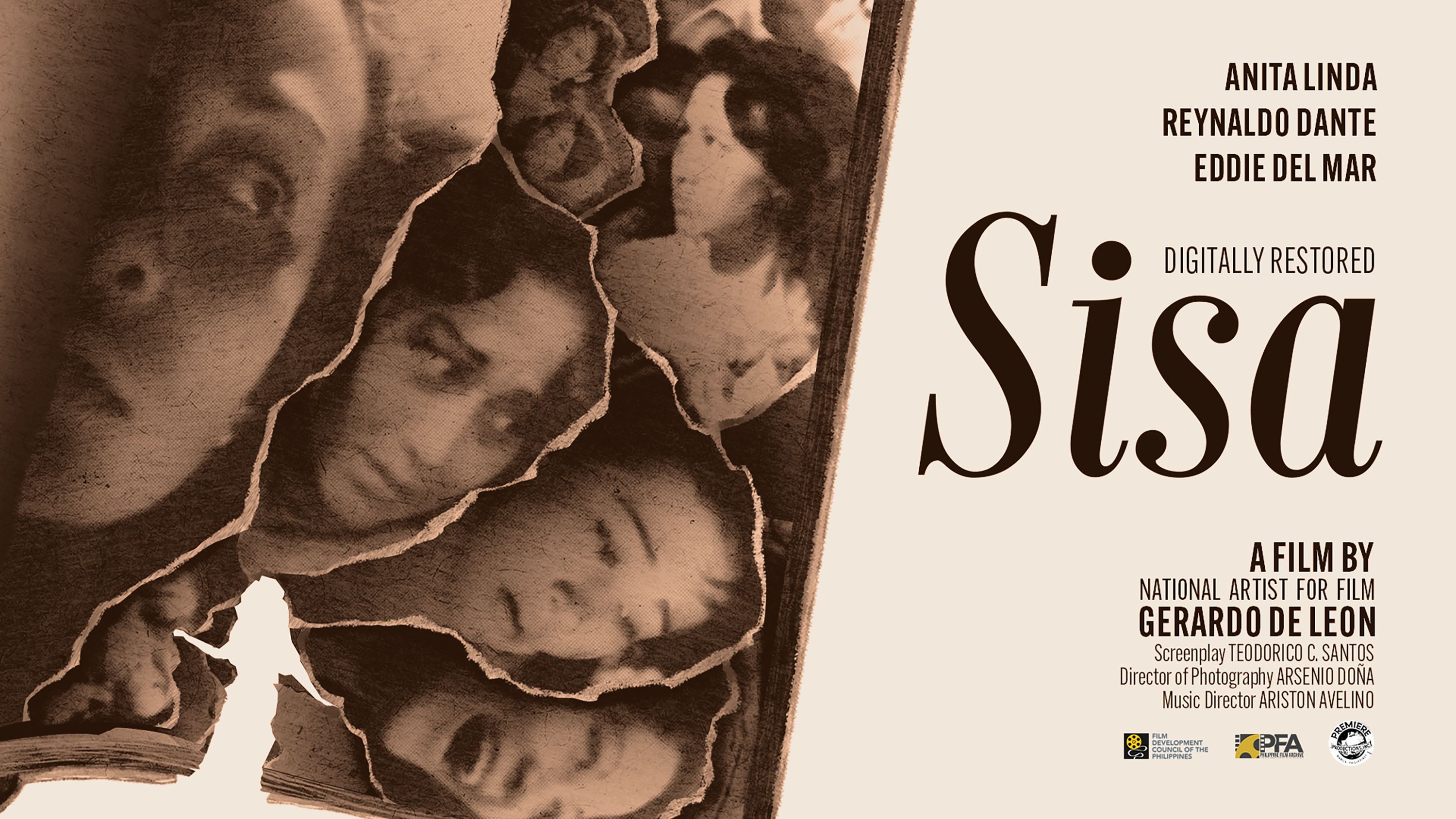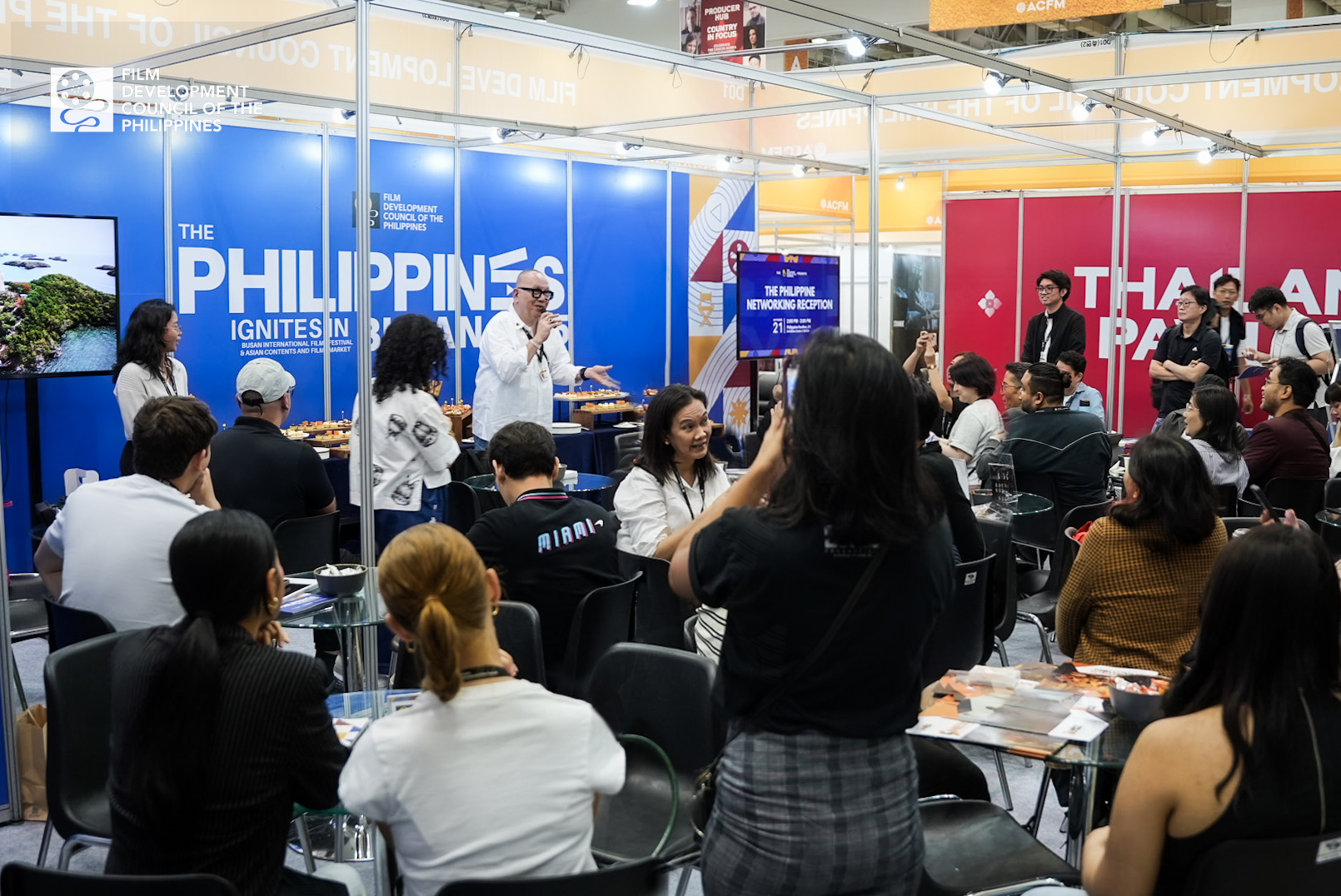THE PHILIPPINES AT THE BERLINALE: Embracing change, shaping the future

All roads lead to Berlin, Germany, during this time of the year. After all, the Berlin International Film Festival — or the Berlinale — is among the three of the biggest, most prestigious, most attended film festivals on the planet.
The Berlinale itself remained an inperson event while related satellite events of the simultaneously held European Film Market (EFM) and Berlinale Talents shifted to virtual modes. All of which we were able to participate in, thanks to our delegation participants who were all such troopers.
The Philippine delegation had a short film entry in the competition, a featured film for market screening, six production companies for the EFM, eight filmmakers for the Berlinale Talents, and one event participation led by the Film Development Council of the Philippines (FDCP) for the Country Sessions under the Berlin Co-production Market (BCM).
Needless to say, the FDCP was busy in this month's flurry of Berlinale events. The festival's awards night last Wednesday capped the 2022 Berlinale season. As we wind down, let me share with you my fieldnotes and takeaways.
Philippines in the Berlinale

"It's Raining Frogs Outside" (Ampangabagat Nin Talakba Ha Likol) by director Maria Estela Paiso was chosen to compete in the Berlinale Shorts section. While it was the only Filipino film in the festival's official selection, filmmaker Paiso is also the first Filipina filmmaker to make it in the Berlinale Shorts section.
The EFM is a large gathering of film professionals from all over the world, rivaling only Cannes' Marche du Film and the American Film Market. This trade event is a venue for market screenings and meetings between producers, financiers, sales agents, and distributors to discuss or explore business opportunities.
Fresh off the heels of winning the Sundance Special Jury Award for Innovative Spirit last month, "Leonor Will Never Die" by Martika Ramirez Escobar had its market premiere at the EFM Online Screenings. The Berlinale Co-production Market, meanwhile, is specifically for film professionals looking into the possibilities of international co-production.
BCM Country Session. The FDCP, represented by yours truly and FilmPhilippines Office (FPO) Unit Manager Grace Paulino, participated at Country Session last February 13 to present coproducing and funding opportunities in the country and promote the Philippines as a viable filming destination for international productions. We shared the FilmPhilippines Incentives Program composed of the Film Location Engagement Desk (FLEX), Film Location Incentive Program (FLIP), International Co-production Fund (ICOF), and ASEAN Co-production Fund (ACOF).
EFM Industry Section. In this event, six production company representatives have had the chance to network with filmmakers from other countries for co-production opportunities. The participating companies were 2076 Kolektib, ANIMA, BlackOps Studios, Create Cinema, Daluyong Studios, and VIVA Films.
BCM Visitors Programme. The FDCP selected five producers to join the Visitors Programme online as official participants representing the Philippines. They were Danzen Santos Katanyag, Wilfredo Manalang, Kyle Nieva, Paul Sta. Ana, and John Paul Su.
The film festival's talent development program, the Berlinale Talents, is a yearly summit and networking platform for emerging film professionals. Two Filipinos — director, and producer Rafael Manuel, and production designer Connie Valera — were selected to join the 200 participants from all the applications gathered worldwide. Producer Bianca BalbuenaLiew will also be attending the Berlinale Talents as one of the mentors.
Winnings and learnings
This year, four entries from Asia received the Silver Bear from different categories, they are South Korea's "The Novelist's Film" by Hong Sangsoo; FranceCambodia co-production documentary "Everything Will be OK," directed by Rithy Panh; and Laura Basuki for her supporting role in the Indonesian film "Before, Now & Then," directed by Kamila Andini.
A film secretly shot in Myanmar, the "Myanmar Diaries," directed by the Myanmar Film Collective (ten members of which are anonymous), also bagged the Berlinale Documentary Award.
Now that the muchhopedfor golden and silver bears have been given to the care of this year's victors, we will be anticipating another fruitful February in 2023.
On the other hand, even without a little bear in tow, having the Philippines represented in the 72nd Berlinale was already a big reward in itself.
The festival is a highprofile platform to discover exciting new possibilities for Filipino filmmakers. They had the great opportunity of showcasing the Filipino brand on the world stage. Our filmmakers have had the chance to learn from industry experts of their best practices gained from the breadth of their experiences. I trust, too, that this is most of all a win for the Philippine film industry, because our filmmakers will make use of the new learnings that they have gained to elevate their craft, and share it with the local film industry.
Changes and takeaways
This has been a challenging few years for everyone. The films shown in the Berlinale reflect this, too. Covid can be seen and felt in the topics and images of the works. It has affected how the production was made, or in what circumstances. It is there like an indelible ink, sometimes faintly, sometimes not so. Where do we go from here? Everything is changing.
This year's EFM theme was "Embracing Change, Shaping the Future." As this year's Berlinale season grinds down to a close, I can't help but look back at my takeaways from the past weeks of hustle and bustle.
Change can mean shifting back. Film screenings for the Berlin International Film Festival were all done onsite at cinemas. Carlo Chatrain, the festival's artistic director, believes that the collective experience is at the center of the film festival experience. Watching a film inside a cinema, and having the multisensory experience at the same time with other people watching is so much different than watching it online. More than entertainment, it becomes a social exercise, albeit in this case, with all the trappings of safety protocols.
While there are 20 percent fewer films that were shown than in 2020, and is much shorter compared with the previous years, this is a fair concession given the travel restrictions and logistic concerns brought by this global health issue. This can also spell hope for the future of our local cinemas in the face of digital streaming. There is a need only cinemas can give.
The pandemic has changed the way we look at things. Many films in the festival, specifically in the Forum Expanded section of the Berlinale, dived in on particular situations and locality in a very detailed way. Films were more grounded, "closer to the ground." It is as if because of the limitations in the capacity to move or reach far, filmmakers are redirected to focus on what is within reach, to dig deeper, and to look closer instead; and then discover the world that is not seen when one is prone to looking far into the distance.
What does this mean for our film industry? This trend of pivoting inward can be something good for us. As a country of more than 7,000 islands and a promising regional film scene, we have a treasure trove of stories in our arsenal. We have all the raw materials we need.
Change is good. This year is the second time that Berlinale gave gender neutral performance awards. The practice started last year. The Best Actor and Best Actress Awards were replaced with Best Leading Performance and Best Supporting Performance, respectively.
This is a good omen of better things to come in terms of inclusivity and gender awareness in the industry.
Over the course of the festival, flights got canceled, and events shifted to other platforms. Some got sick and had to alter the longlaid plans. This pandemic has limited us, geographically and otherwise. It is pushing us to go beyond the limitations and be more flexible, persistent, and creative.
The new normal is not yet made. We are in the process of shaping it at this very moment. We are actively in that malleable spot in history when everything is transforming, transitioning, and evolving. Change is the order of the day. And while it can make us feel vulnerable, it is also a promise of something new. Changes can be chances, too, to remake, to redo, and to make more beautiful.
Notes from the Chair
The Sunday Times Magazine - The Manila Times
Notes from the Chair is part of the Arts Awake section of The Sunday Times Magazine published by The Manila Times. Click HERE to view the article on The Manila Times website.





